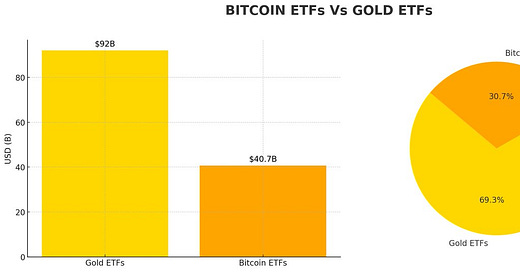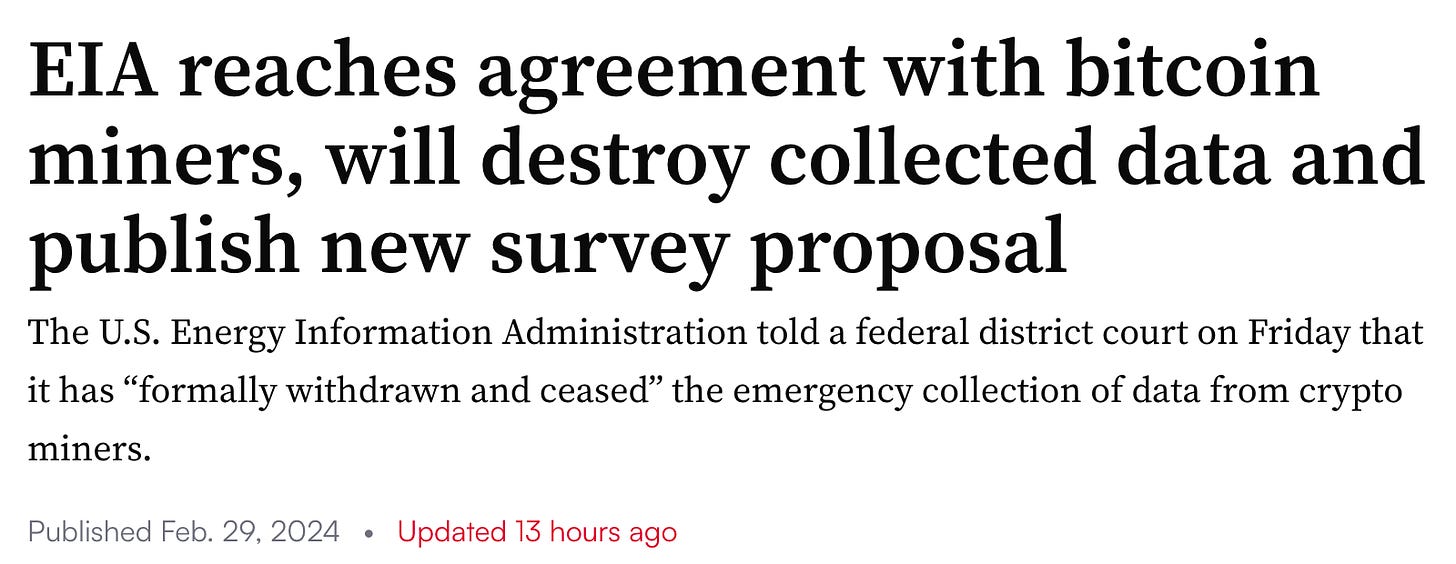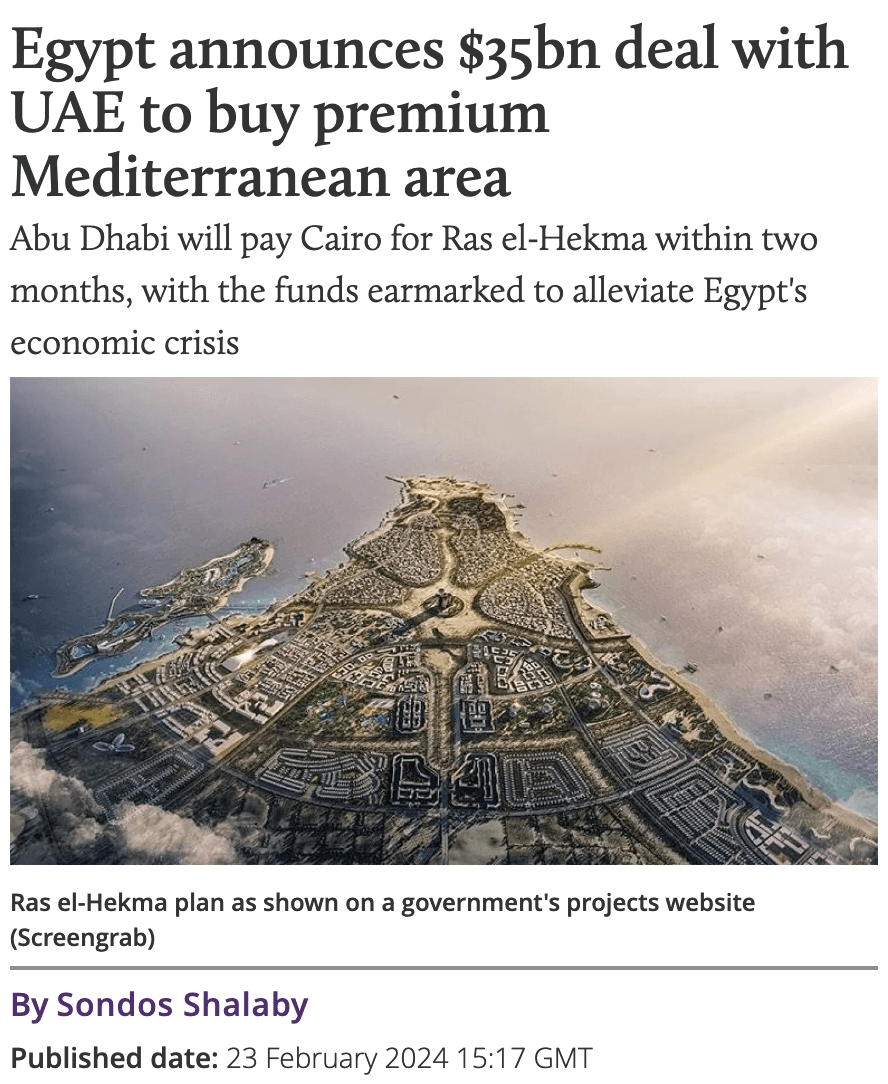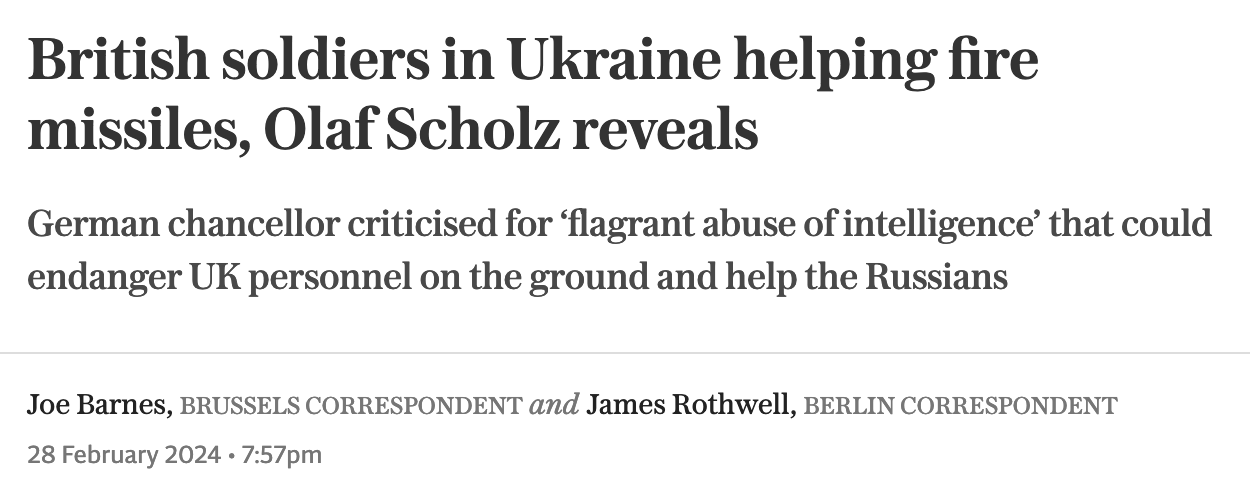This Week:
Bitcoin ETFs continue sucking up supply.
US Government backs down on demands of Bitcoin miners.
Egypt & UAE land deal = future optionality.
NATO troops in Ukraine; they’re no longer hiding it.
Bitcoin
As the ETFs continue sucking up the supply, the Bitcoin price has hit new highs in thirty countries:
The pent up investment demand for Bitcoin has proved a surprise to even hardcore Bitcoiners. In less than 40 trading days since launch, the amount of money entering the Bitcoin ETFs is quickly creeping up on the Gold ETFs that have been around for two decades:
“But Governments Will Just Ban Bitcoin”
This would still be one of the most popular arguments made against Bitcoin (by those that fail to gain more than a superficial understanding on the subject).
In early February the US Department of Energy issued emergency demands to Bitcoin miners across the country to provide it with sensitive and proprietary information regarding their businesses:
Instead, the industry launched legal action against the agency and this week the government backed down and withdrew the demands:
So the government was forced to back down from even requesting sensitive information from the Bitcoin mining industry without proper consultation, safeguards and procedures. Yet the argument that the government will simply outlaw Bitcoin is supposed to still hold water?
For all it’s many failings (often pointed out in this Substack), the United States still has a freedom minded majority and the structures in place to protect those freedoms assuming the people don’t acquiesce to overreaching government.
The US can and should be a place for Bitcoin to flourish which will in turn provide a brighter future to all Americans and the wider world. This weeks news was another step in the right direction.
Egypt
As Egypt’s economy struggles from among other issues a drop in Suez Canal income as a result of the Red Sea blockage, the UAE has helped alleviate immediate financial worries with a $35 billion deal to buy land on the Mediterranean:
Egypt has agreed to a $35bn deal with the United Arab Emirates to develop the area of Ras el-Hekma on its northwestern coast, Egyptian Prime Minister Mostafa Madbouly announced on Friday after weeks of speculations.
Madbouly said at a news conference, which was attended by Egyptian and Emirati officials, that Egypt will receive an advance amount of $15bn in the coming week, and another $20bn within two months.
The deal is the largest foreign direct investment in an urban development project in the country's mod
I love seeing this type of deal and expect to see more between wealthy and poorer nations of the Global Majority in the years ahead. Knowing the sort of tight ship the UAE run, this new Mediterranean city once developed will be another very appealing place for upwardly mobile people to base themselves.
More optionality is what freedom minded individuals need in the world we’re entering, and these are the types of projects that will bring it.
NATO
Why Europe is getting nervous about the US’s potential pull back from NATO under Trump.
Ukraine
German Chancellor Scholz revealing the obvious, there are NATO troops on the ground in Ukraine:
Olaf Scholz said on Monday that he would not deliver the Taurus, Berlin’s equivalent of the Storm Shadow, as it would require soldiers assisting on the ground, citing the UK and French approach with their own systems. Mr Scholz argued that following the UK would make Germany a “participant in the war”.
The comments were seen as endangering British military and diplomatic personnel on the ground.
Tobias Ellwood, the former chairman of the Commons defence committee, said: “This is a flagrant abuse of intelligence deliberately designed to distract from Germany’s reluctance to arm Ukraine with its own long-range missile system. This will no doubt be used by Russia to racket up the escalator ladder.”
Interestingly for the first time the Brits didn’t issue the usual cries of “they’re not soldiers, they’re mercenaries.” Seems no one buys that anymore.
Russia is already well aware of NATO troops on the ground in Ukraine, which is why it targeted French soldiers with a missile attack last month. Still amazingly patient and restrained retaliation by the Russians considering the reality on the ground and their stated red lines.









